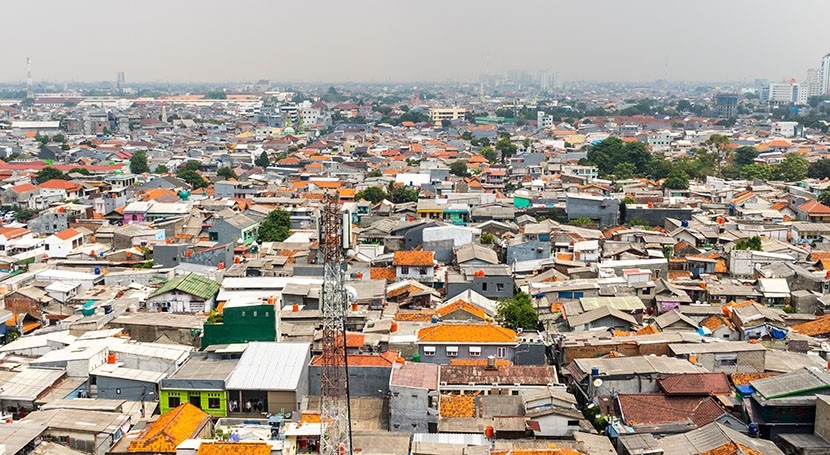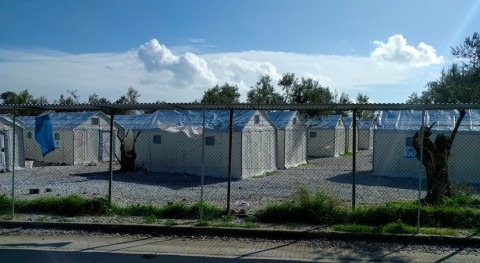The United Nations agency focused on sustainable urbanization, UN-Habitat, has launched a new programme to improve sanitation services for people living in slums and informal settlements.
Over 700 million urban residents live without improved sanitation, which comprises services that ensure human excreta are disposed of in a way that prevents them from causing disease by contaminating food and water sources. The lack of improved sanitation can have a serious effect on health and the environment.
UN-Habitat, with support from the Bill & Melinda Gates Foundation, will advance Citywide Inclusive Sanitation (CWIS) norms, which aim to ensure everyone benefits from safely managed sanitation. This is done by promoting a public service approach to extend and sustain inclusive sanitation services across urbanized service areas, drawing on the full range of available and appropriate technologies - including onsite and sewers, centralized or decentralized as appropriate - to meet service goals.
UN Habitat will work to improve local, national, and global tools and experience to help authorities establish stronger, safer, more inclusive sanitation service delivery systems. The project will strengthen national data and information management systems on sanitation, water quality and wastewater. For example, the project will help develop a standardized methodology to source, monitor and aggregate data on the quality and reach of sanitation services in informal settlements to inform investment and service delivery decisions. It will help global monitoring of Sustainable Development Goal 6 on clean water and sanitation for all.
The Executive Director of UN-Habitat, Maimunah Mohd Sharif said: “We are excited about the opportunity to work with regional centres of excellence on capacity building, with a particular focus on sanitation. There are also opportunities to work with other foundation grantees to document and showcase UN-Habitat’s field experiences and lessons learnt in sanitation in informal settlements.”
The project will support the development of fundamental technical guidelines, tools, training materials and knowledge management products such as case studies, thematic learning notes and technical notes on the CWIS approach.
These products will be tested, adjusted and validated by governments in four pilot countries, with UN-Habitat leading engagement in Nepal and Kenya, and UNICEF in Ethiopia and Bangladesh. The project will support national and subnational governments to integrate and advance CWIS in national-level programming through national urban policies. It will bolster knowledge sharing and peer partnerships between sanitation service authorities of the Global Water Operators’ Partnerships Alliance (GWOPA) which supports water and sanitation operators to help one another to provide quality services to all.







![[UN-Habitat / Jorge Albizu] Japan extends support to upgrade sanitation in Yemen](https://smartwatermagazine.com/sites/default/files/styles/thumbnail-480x263/public/yemen-un-habitat.jpg?itok=tZykuvw2)

